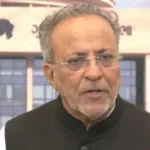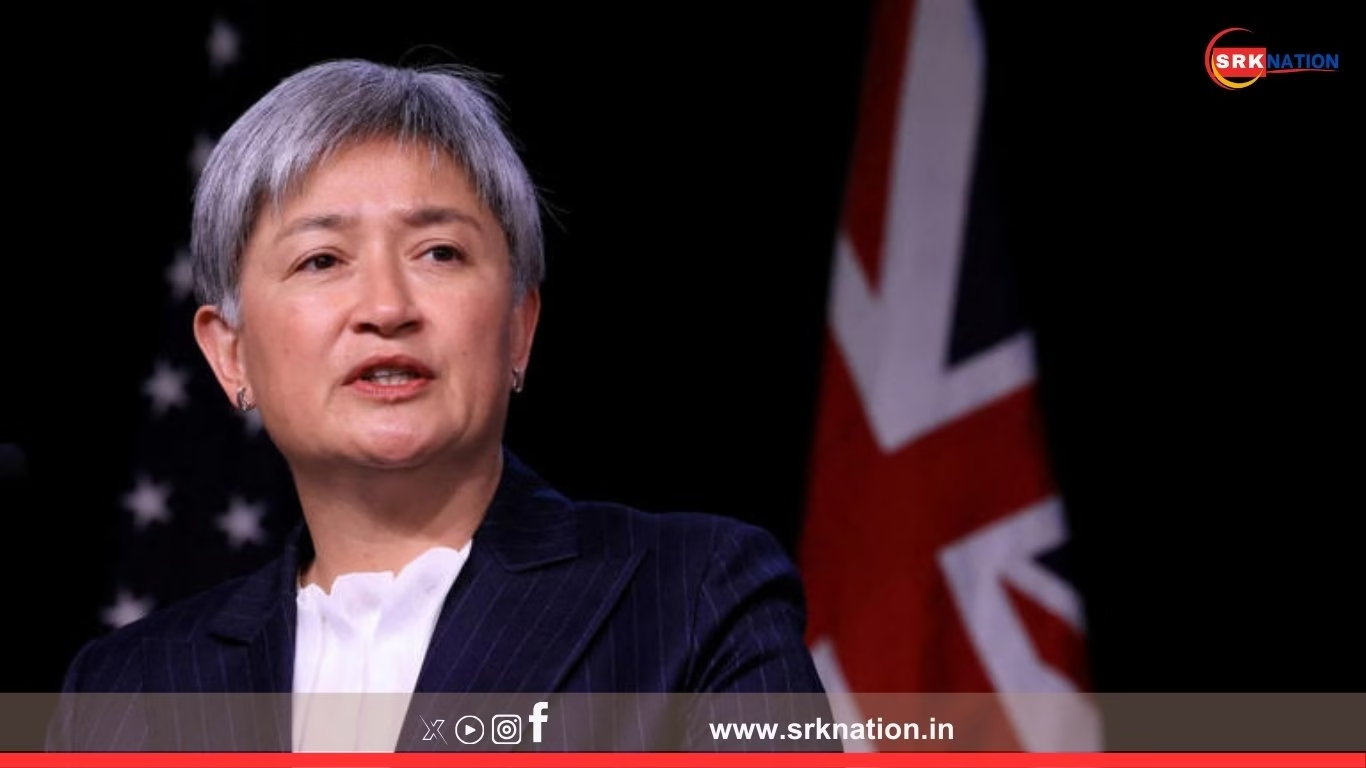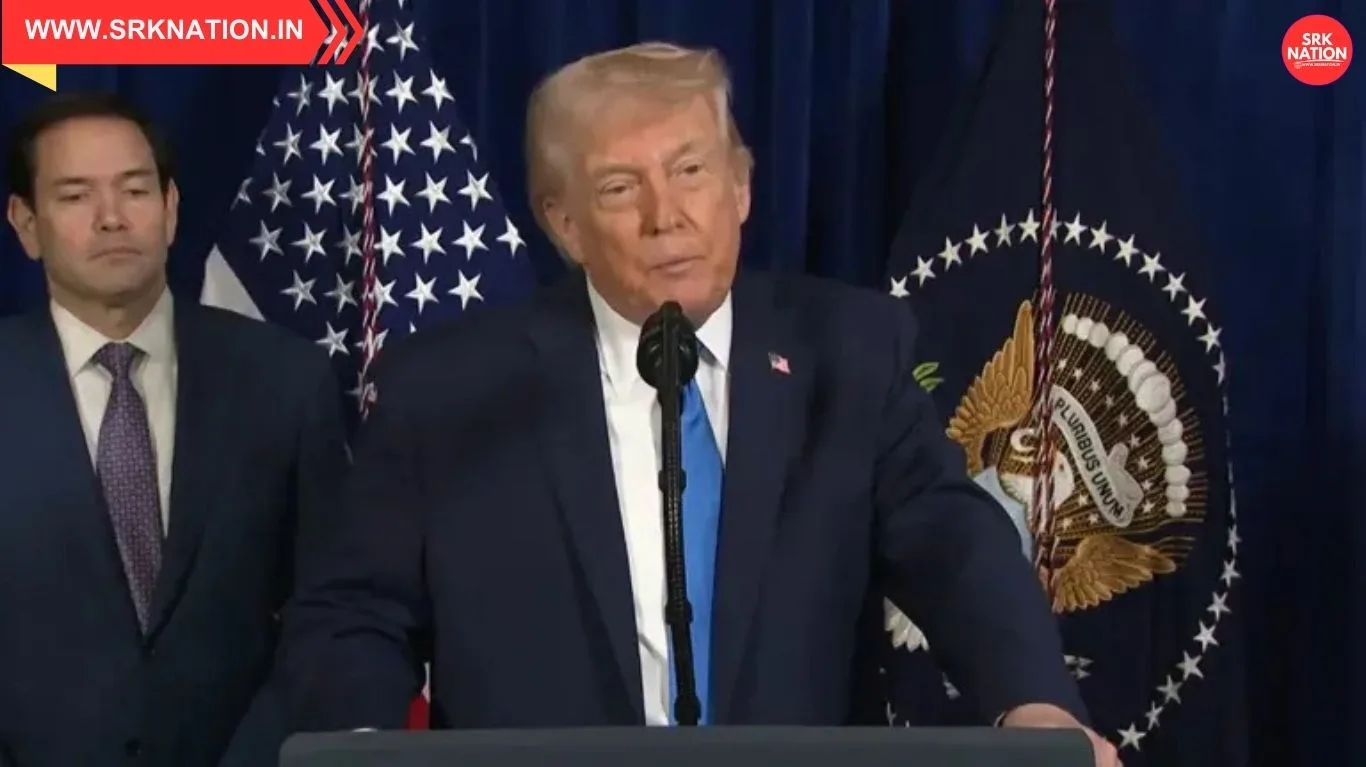In a strong statement on global trade, Australian Foreign Minister Penny Wong has reaffirmed Canberra’s position that Australia does not support tariffs as a tool of economic policy, emphasizing that open markets and free trade remain the cornerstone of the nation’s economic and diplomatic strategy. Her remarks come at a time when many countries, including the United States, India, and members of the European Union, are increasingly turning towards protectionist measures to safeguard domestic industries.
Penny Wong highlighted that while nations have the right to protect strategic sectors, excessive tariffs distort markets, increase costs for consumers, and disrupt global supply chains. She urged like-minded countries to work together through multilateral forums to strengthen rules-based trade rather than resorting to unilateral trade barriers.
Australia’s Long-Standing Trade Policy
Australia, being one of the world’s most trade-exposed economies, has consistently advocated for free and open markets. Nearly 40% of its GDP is linked to trade, with key exports such as iron ore, coal, natural gas, agricultural produce, and education services driving growth.
According to Wong, tariffs ultimately harm smaller economies and developing nations more than larger economies, creating inequality in the global trading system. Instead of tariffs, she suggested that governments should focus on bilateral and regional trade agreements, investment partnerships, and transparent trade regulations.
The Context: A World Turning Towards Protectionism
Wong’s statement comes against the backdrop of escalating tariff wars:
- The United States recently imposed a 50% tariff on Indian cotton, creating tensions in global textile trade.
- The European Union is introducing a Carbon Border Adjustment Mechanism (CBAM), which could affect exports from emerging markets.
- India and China, two of Asia’s largest economies, have also experimented with tariff adjustments in recent years to protect domestic industries.
In this environment, Australia is taking a clear stand that protectionism is not the solution.
Comparative Trade Policies Snapshot
| Country/Region | Current Tariff Trends | Impact on Global Trade | Australia’s Position |
|---|---|---|---|
| United States | High tariffs on steel, aluminum, cotton | Rising protectionism, trade disputes | Advocates free trade |
| European Union | Environmental tariffs under CBAM | Pressure on exporters from developing nations | Calls for fair, green trade |
| India | Selective tariffs on agriculture & manufacturing | Supports local industries but raises global costs | Engages through FTAs |
| China | Mixed policies, export restrictions on minerals | Market disruptions | Supports regional integration |
| Australia | Minimal tariffs, FTA-driven | Promotes open trade and partnerships | Strong anti-tariff stance |
Penny Wong’s Key Points
In her remarks, Wong laid out three guiding principles of Australia’s trade approach:
- Free Trade Over Tariffs – Australia will continue opposing broad tariffs and instead advocate for market access through negotiations and trade agreements.
- Rules-Based Order – Global trade should be governed by the World Trade Organization (WTO) framework, ensuring fairness and predictability.
- Regional Partnerships – Australia is focused on strengthening ties through frameworks like the Comprehensive and Progressive Agreement for Trans-Pacific Partnership (CPTPP) and bilateral FTAs with partners such as India, Japan, and the UK.
Why Australia Rejects Tariffs
Australia’s anti-tariff stance is rooted in both economic logic and geopolitical strategy:
- Tariffs raise consumer prices and hurt competitiveness.
- They often provoke retaliatory measures, leading to trade wars.
- Tariffs discourage innovation and efficiency in industries.
- As a resource-driven economy, Australia relies on stable demand from trading partners, which tariffs threaten.
By rejecting tariffs, Canberra aims to position itself as a reliable partner in global supply chains.
Economic Data: Impact of Tariffs vs Free Trade
| Factor | Under Tariff Regimes | Under Free Trade | Australia’s Experience |
|---|---|---|---|
| Consumer Prices | Increase due to higher import costs | Lower due to competition | Stable, competitive prices |
| Export Competitiveness | Declines due to retaliation | Improves with market access | Strong demand for resources |
| Employment | Short-term protection, long-term loss | Sustainable growth across sectors | Trade supports millions of jobs |
| GDP Growth | Slows due to inefficiencies | Accelerates with openness | Consistently trade-driven |
Global Reactions to Wong’s Statement
- Business Chambers in Australia welcomed her stance, stating that exporters need predictable trade environments.
- Developing Nations in Asia and Africa saw her remarks as support for their demand for fairer access to developed markets.
- Critics argued that while Australia benefits from free trade, it must also acknowledge the legitimate concerns of countries protecting vulnerable sectors.
Australia’s Trade Agreements as Alternatives to Tariffs
Rather than relying on tariffs, Australia has built an extensive network of Free Trade Agreements (FTAs) that ensure market access:
- India-Australia Economic Cooperation and Trade Agreement (ECTA) – Boosting textiles, wine, and IT services.
- Australia-UK Free Trade Agreement – Eliminating tariffs on most goods, enhancing investment opportunities.
- CPTPP Membership – Strengthening regional trade ties across the Asia-Pacific.
Through these partnerships, Canberra is promoting economic integration without resorting to restrictive tariffs.
Future Outlook: Can Free Trade Prevail?
The real test for Australia’s stance lies in whether major economies like the US, EU, and China will continue to adopt protectionist policies or move towards greater openness.
Experts believe that Australia’s credibility as a free-trade advocate will rise if it can:
- Successfully diversify exports beyond resources.
- Lead regional initiatives in the Indo-Pacific.
- Build coalitions within the WTO to counter tariff-heavy policies.
Conclusion
Penny Wong’s statement that Australia does not support tariffs underlines the country’s long-standing belief in free, open, and rules-based trade. At a time when global economies are increasingly turning inward, Australia is betting on multilateralism and cooperation to drive growth and stability.
By rejecting protectionism and embracing free trade agreements, Australia not only safeguards its own economy but also positions itself as a champion of inclusive global trade. Whether the world follows this model or continues down the path of tariff wars will shape the future of international commerce.
Disclaimer: This article is for informational and analytical purposes only. It reflects policy trends and global trade perspectives but should not be considered investment or legal advice.











